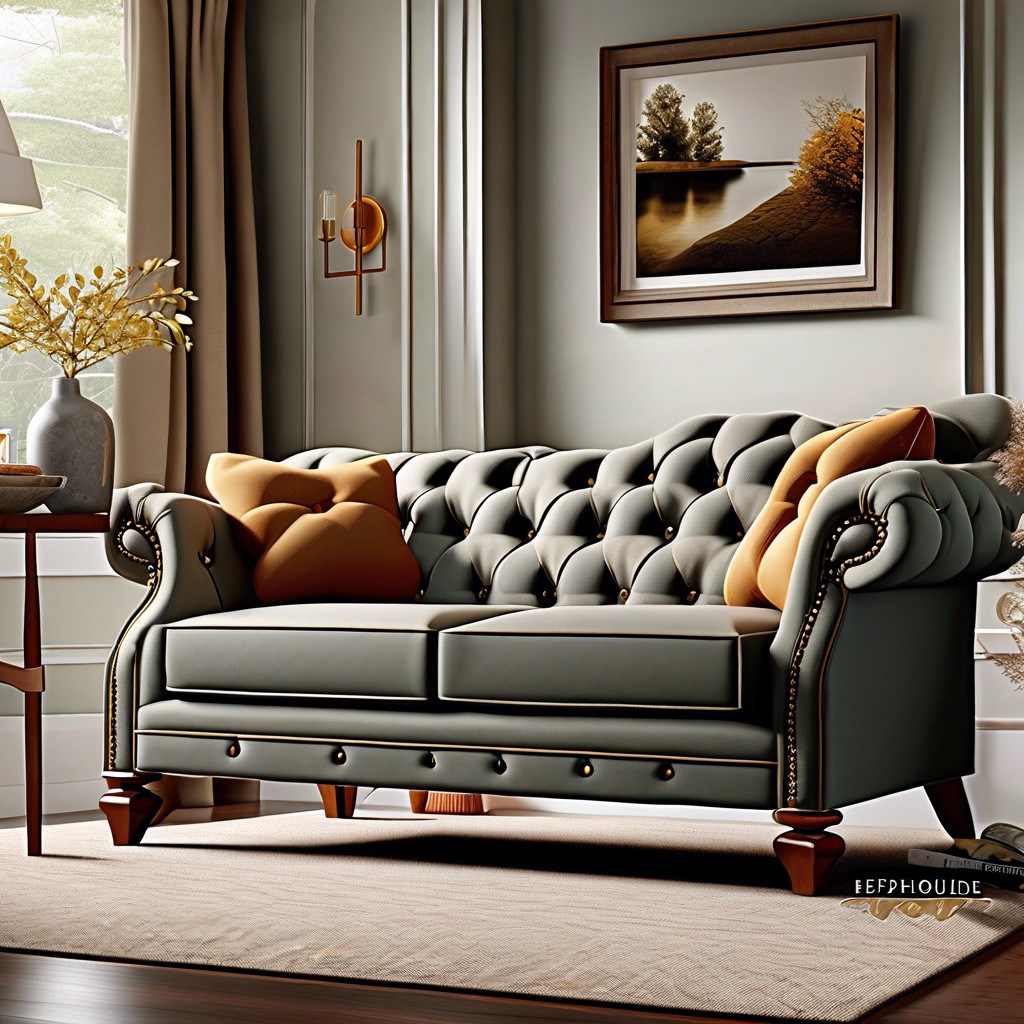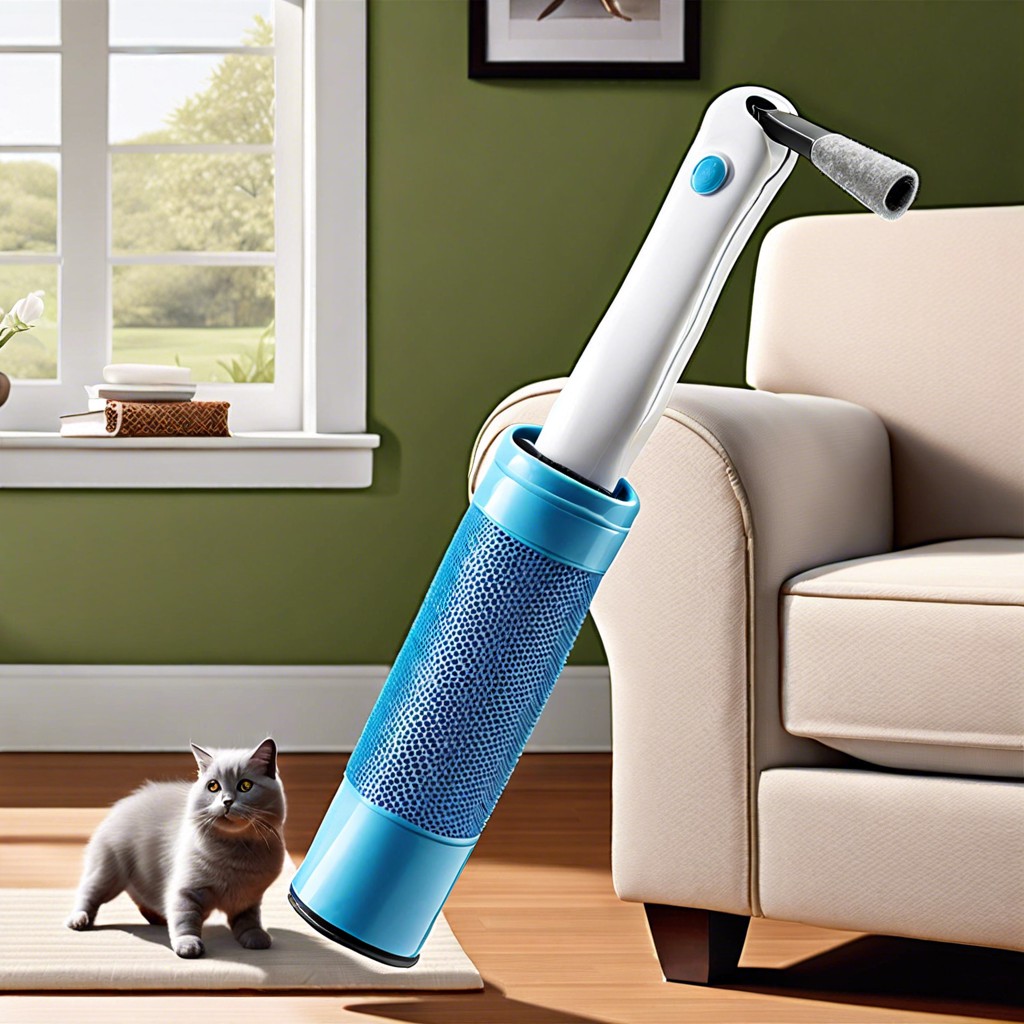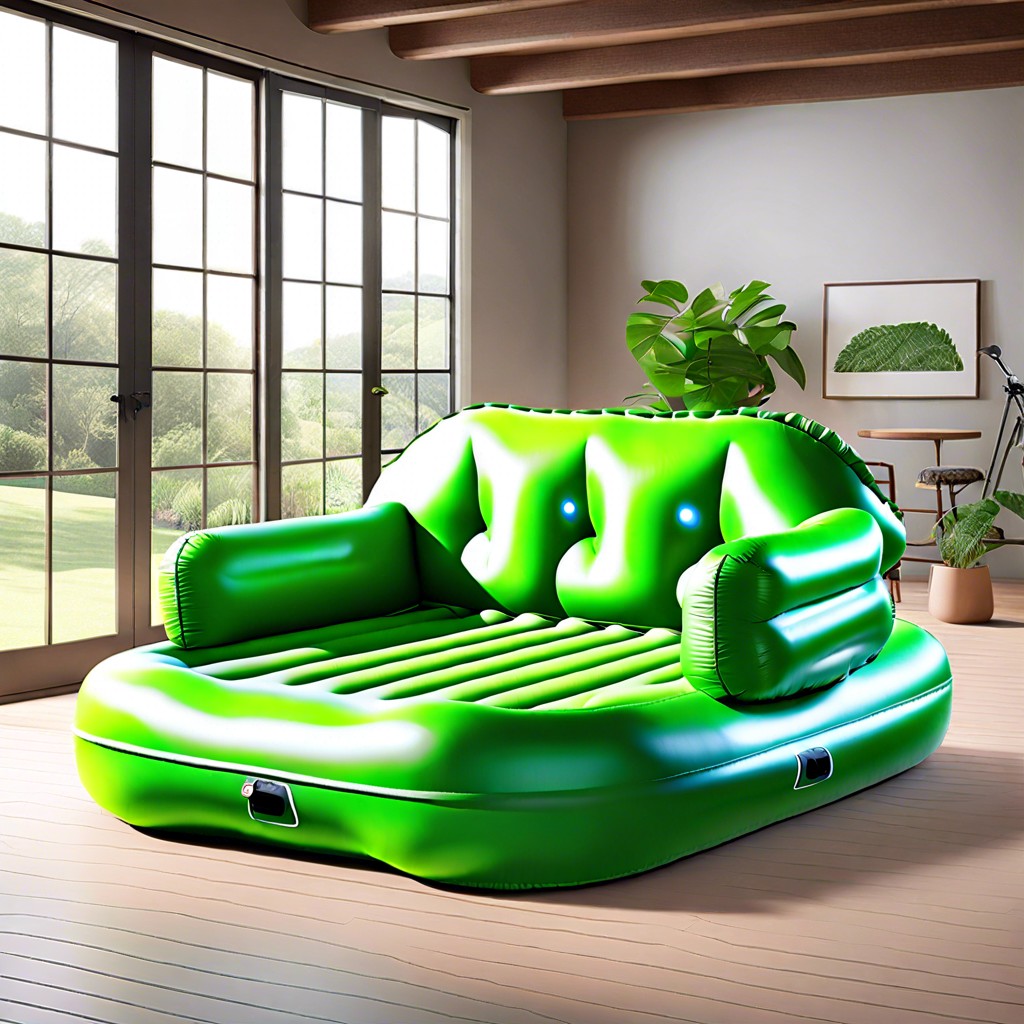Last updated on
If your cat is peeing on the couch, understanding the reasons and solutions can help you tackle this unwelcome behavior effectively.
Key takeaways:
- Cat may pee on couch to communicate or seek comfort.
- Soft surfaces on couch may be more appealing to cat.
- Previous accidents may prompt cat to re-mark area.
- Health issues like UTIs or diabetes can cause couch urination.
- Cat may mark territory or feel anxious/stressed.
Table of Contents
Understanding Cat Behavior: Reasons Behind Couch Urination
Cats, as creatures of habit, may choose to urinate on a couch for several reasons unrelated to litter box preferences.
- Communication: A feline might urinate on furniture to send a message or signal discomfort, either with surroundings or with the humans and other pets they share space with.
- Preference for Soft Surfaces: Sometimes, a cat may find the soft texture of a couch more appealing than the litter provided.
- Previous Incidents: Cats often return to the site of previous accidents due to the lingering scent, which prompts them to re-mark the area.
Understanding these motivations is key to addressing the underlying cause and redirecting the behavior to a more appropriate place.
Identifying Medical Issues That Lead to Inappropriate Urination
If your cat suddenly starts peeing on the couch, consider underlying health issues first:
1. Urinary Tract Infections (UTIs): Cats with UTIs often experience pain and associate the litter box with discomfort, leading them to avoid it.
2. Kidney Disease: Increased urine output can lead to accidents. A vet can diagnose this through blood and urine tests.
3. Diabetes: Excessive thirst and increased urination are hallmarks of diabetes, which may result in urinating outside the litter box.
4. Bladder Stones: These can cause blockages and discomfort, deterring your cat from using the litter box.
5. Arthritis: In older cats, arthritis might make getting into the litter box painful, prompting them to find more accessible spots, like the couch.
It’s crucial to consult a vet to address possible medical issues promptly. Early detection can lead to a more comfortable cat and prevent future couch incidents.
Territorial Behavior: The Feline Instinct to Mark
Cats naturally mark their territory using scent glands located in their cheeks and paws. However, they may resort to using urine to assert dominance or claim their space, especially if they feel threatened by other pets or changes in the household.
Introducing new pets, rearranging furniture, or even having guests over can disrupt your cat’s sense of security and prompt territorial marking.
To deter this behavior, provide your cat with a stable and secure environment. Maintain a consistent routine, offer plenty of their own space such as a dedicated cat tree or bed, and ensure they have access to clean litter boxes.
In multi-cat households, it may help to provide each cat with individual resources to minimize competition. Feliway, a synthetic pheromone spray, can also be used to calm cats and reduce the urge to mark.
Regularly cleaning previously marked areas with enzymatic cleaners can prevent re-marking by removing the scent completely. It’s important to tackle these issues promptly, as cats are likely to return to the same spot if any scent remains.
Stress Factors: Identifying and Reducing Anxiety
Cats, much like their human companions, can experience stress, which may result in them urinating on the couch. Factors such as changes in the home, noisy environments, or disputes with other pets can disrupt their sense of security, prompting this reaction.
To reduce anxiety in felines, establish a calm, predictable environment. Stick to a consistent routine for feedings, playtime, and cuddles. Provide hideaways or perches where your cat can retreat to for some quiet time.
Interactive toys can also distract and reduce stress levels. Pheromone diffusers have been successful in creating a more comforting atmosphere for some cats. Lastly, make sure your cat has access to clean litter boxes – one more than the number of cats in the household is ideal to prevent competition and stress.
Understanding the root of your cat’s stress and mitigating it through these strategies can go a long way in preventing unwanted urination on your couch.
Professional Help: When to Consult a Veterinarian
If home remedies and environmental adjustments fail to stop your cat from peeing on the couch, it’s crucial to seek expert advice. Here’s when to involve a veterinarian:
- 1. Persistent Issues: Continuous or frequent urination on furniture may indicate an underlying health condition.
- 2. Sudden Behavior Change: If your cat’s litter box habits abruptly shift, it could be a red flag for medical concerns.
- 3. Signs of Distress: Look for discomfort, straining, or blood in urine, as these symptoms require immediate attention.
- 4. Age-Related Concerns: Older cats are prone to conditions like arthritis or cognitive dysfunction, which can impact litter box use.
Early intervention can prevent more serious health issues and improve your cat’s well-being.




